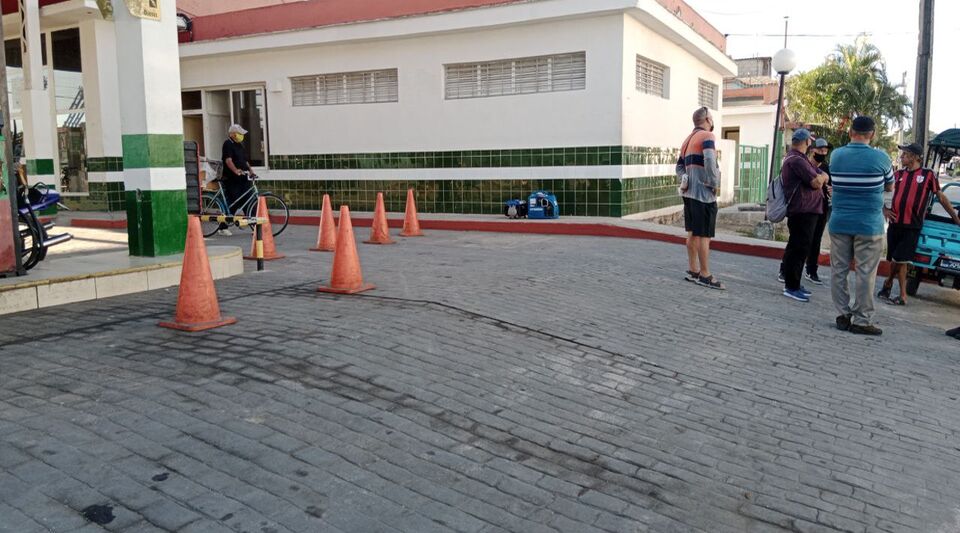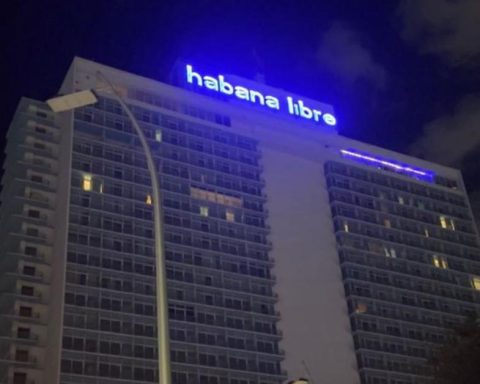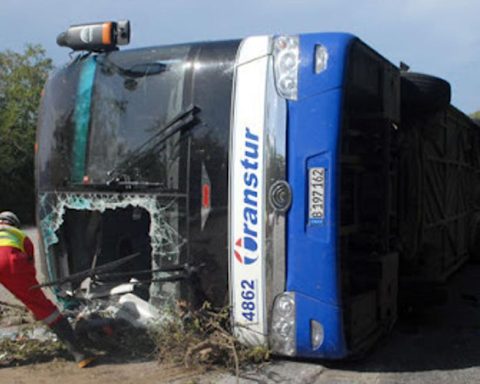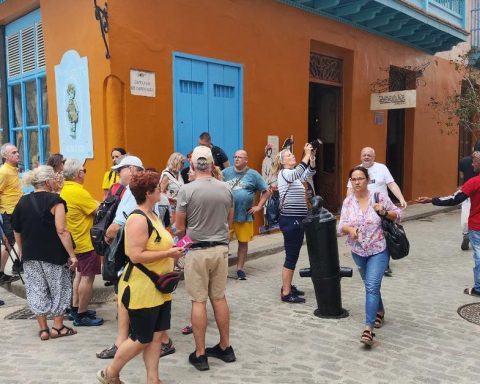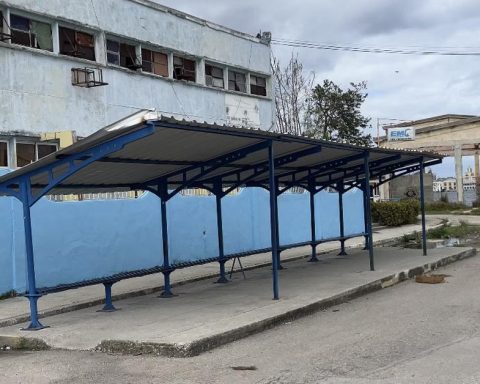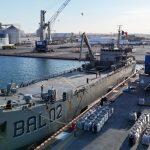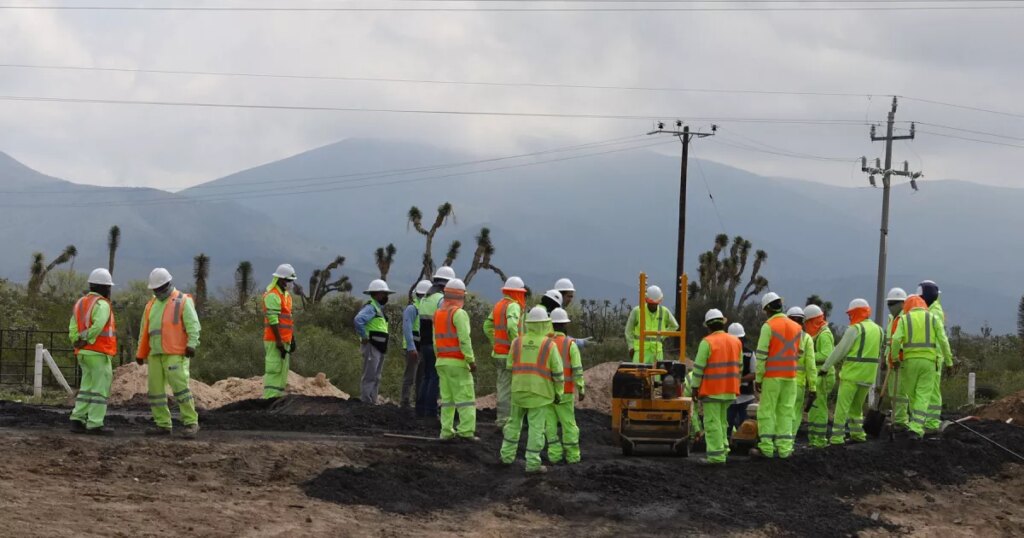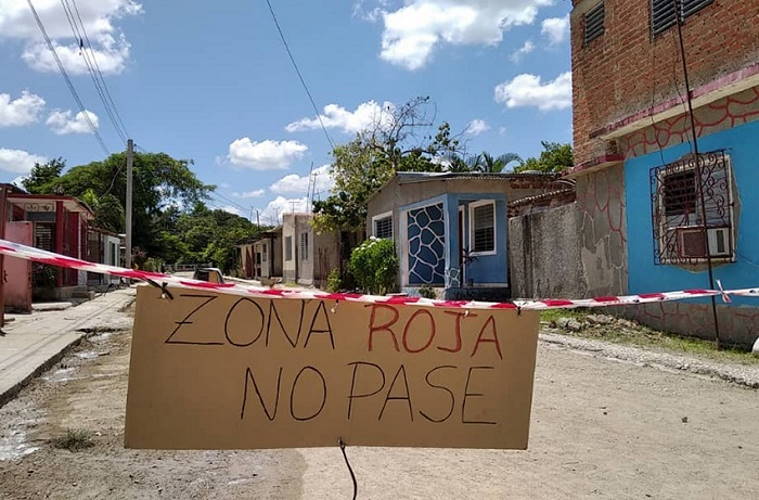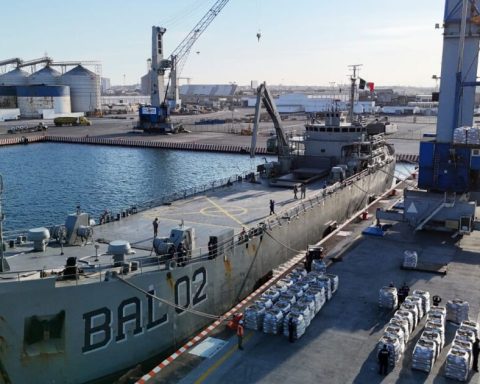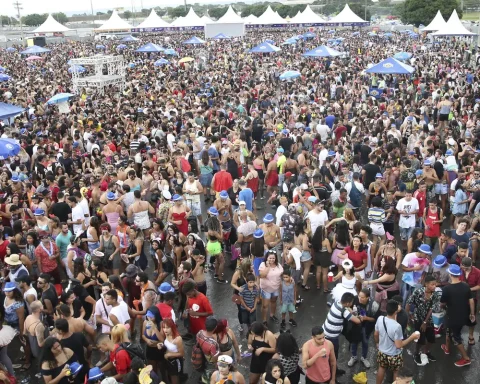Just two or three people were charging their power plant this Tuesday in the queue at the gas station on Libertadores de Holguín avenue, where, a day before, there were more than thirty customers and whose images spread like wildfire on networks and independent media.
Behind the large row there was already known news: the fuel shortage that is devastating the country, which forces us to take increasingly strict rationing measures. In Holguín, specifically, the owners of the generators are obliged to “register” the device in the Cupet if they want to receive 10 liters of gasoline.
“First they told us that the constituency delegate was in charge of making the list of plants that people have, especially those of us who have generators to maintain a cafeteria or a house for rent,” he tells 14ymedio Elisa, manager of a guest house in that city. “But over the weekend, another neighbor who also rents to foreigners told me that you had to wake up on Monday at the gas station to be able to register the plant.”
Once in the service center, they found more people in the same situation, some with their plants, physically, others with a photo or something that proved ownership of the device.
“The employees did not know very well what to do, but finally they wrote down the identity card and the serial number of each plant”
“The employees didn’t really know what to do, but finally they wrote down the identity card and the serial number of each plant,” says Elisa.
The confusion was given because, in reality, the latest official provisions for the province do not leave anything explicit regarding this new “census”. According to a publication of the state corporation Cimex in Holguín of last November 1, from that day a “scheme” would be established to “organize and speed up the dispatch of fuels”, which established what type of vehicle, derivative or necessity, each Cupet served.
The one on Libertadores Avenue would be the one that would serve for power plants, “all fuels”, in addition to private and state cars, basic services, people with disabilities and tourism (“when there is no availability or power in Transtur”, they specify). Nothing was said, however, about quantity or frequency.
This Monday, after training between bikers and cars, Elisa bought her first 10 liters of gasoline and was told to go to the service center in the next few days to see what the deadline would be “finally” to buy again. They detailed: “At the moment it is between 10 and 12 days, it depends on the availability of fuel.”
The young woman took the opportunity to leave her tax number in case that could help her to buy more fuel for her private business in the future, which shows her desperation and that of so many others in the same situation. “I have to guarantee clients that they at least have a light in the bathroom if there is a blackout.”
User comments on Cimex’s provincial publication are full of complaints and criticism. “Every time they talk about reordering, they put the worst things; what this country needs is resources, not reordering,” complains Yunier Batista González.
“What about the private patented motorcycles that only have the Cupet 4 de Abril for which that fuel was assigned and that they have to share it with all the other motorcycles that are not patented”
“What do you tell me about the private patented motorcycles that only have the Cupet 4 de Abril for which that fuel was assigned and that they have to share it with all the other motorcycles that are not patented,” says Yamil Naciff, who wonders why they are assigned a certain Cupet if “we are also taxi drivers”. “They don’t take us into account at all or give us importance, and that’s very serious, because we support our families with that work. Fuel instability kills us.”
Ivan Alexander Chacón, who details his case, believes that the new measures do not solve anything: “I am seeing it in person, I have been in line for three days and on a list to buy for my motorcycle, in La Loma, I had to travel to Cacocum and I couldn’t buy it because it was from Holguín. What you have to do is enable the Cupet and don’t miss out, because the only place where you can see this madness is in the province of Holguín.”
Along the same lines, Reydel Pereira protests: “I don’t know what’s happening with Holguín, that everything is queuing, scarcity and high prices, because in Havana this doesn’t happen, in Santiago this doesn’t happen.”
The panorama in Holguín, however, is neither new nor unique. The first province to decree a rationing system for power plants, most demanded As the blackouts grew, it was Pinar del Río. There, since last August 20, only 20 liters of gasoline are sold generator owners “when it is in stock in the Cupet”. To prove their membership, they must present their identity card and “plant ownership” to the Municipal Directorate of Economy and Planning.
In Havana, anyone who wants to buy fuel for their power plant must also prove ownership, although it is only required to bring the serial number to the gas station, where they will dispatch 20 liters, according to what was reported to 14ymedio this same Tuesday an employee of the Cupet of 25 and G, in El Vedado. Of course, she pointed out, “when there is, because now, nothing at all.”
________________________
Collaborate with our work:
The team of 14ymedio is committed to doing serious journalism that reflects the reality of deep Cuba. Thank you for joining us on this long road. We invite you to continue supporting us, but this time becoming a member of our newspaper. Together we can continue transforming journalism in Cuba.
